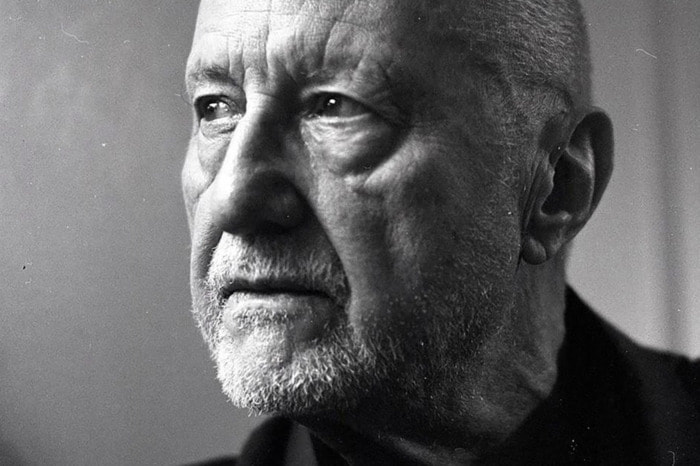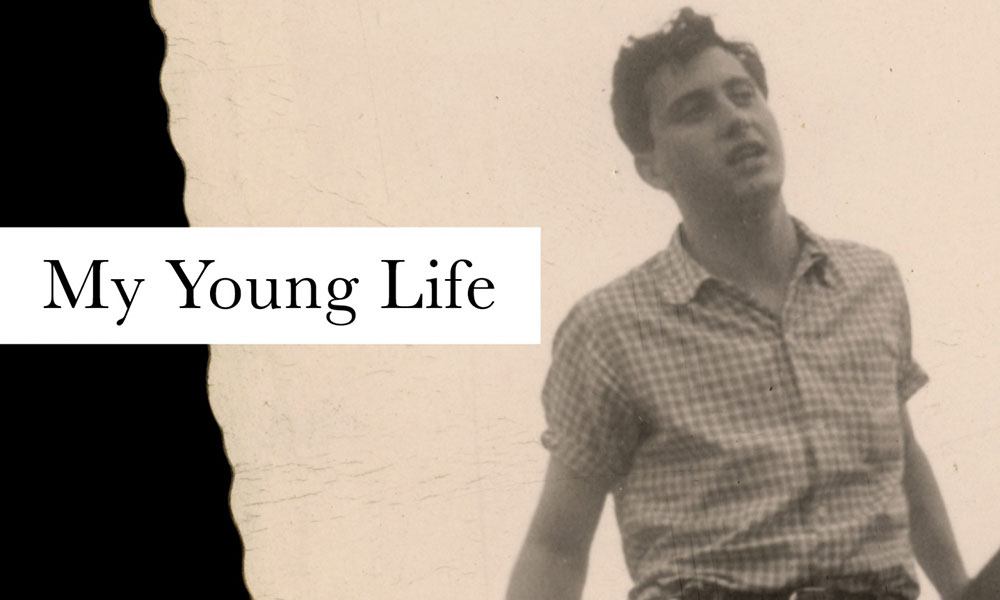|
A Short Memoir in 70 Chapters Each one of the 70 short chapters of Frederic Tuten’s “My Young Life” showcases a moment of awareness he experienced along his path to becoming a writer. The first chapter features Tuten as a young man plagued by ill health, which nudged him towards books. From Treasure Island by Robert Louis Stevenson to Tom Sawyer by Mark Twain, Tuten survived a year of rheumatic fever by escaping into the adventures of fictional characters. After recovering, he returned to school as the tallest person in the class and as one of the few children who did not have any friends. Impeccable Vernacular
The memoir evolves to illuminate Tuten’s hopes and dreams as a high school student with romantic notions of moving to Paris and becoming a renowned artist. It shifts as he becomes increasingly angry and self-involved, eventually dropping out of school. The storyline highlights Tuten’s remarkable writing ability as it progresses. He transports readers back in time with immaculate prose. Tuten paints a tale decorated by delicate contrasts, like the curt masculinity loosely depicted in his father’s love for all things pork—sausages, pig knuckles, pork chops, and hominy grits—along with his mother’s ability to obtain such things in the Jewish neighborhood she chose to move to in order to give her son a better education. “Friends” and FootnotesFrederic Tuten moves effortlessly between timelines, just as he does in his fictional work. He cleverly introduces a fantastic array of characters including John Resko, an ex-con who transformed himself into a celebrated artist, and the writer of God’s Angry Man, Leonard Ehrlich. They are tersely presented and then expanded on in footnotes where he reminisces about the person and often blames himself for not keeping in touch. Tuten effectively uses such footnotes throughout the memoir, giving the reader a wide-angle view of the narrative. No Time for Nostalgia The tale unfolds to reveal Tuten’s nonchalance about moving from one neighborhood to the next, never getting nostalgic. His mother’s opinion about how he got steady employment at the post office instead of going to college is briefly revealed as he moves forward to the next chapter. Tuten does not dwell on what could have been and instead forges ahead, taking the reader to the next relevant experience with brilliant and poignant writing. The result is an exceptional portrait of the writer at various stages of his young life.
0 Comments
Leave a Reply. |



 RSS Feed
RSS Feed
